Prøve GULL - Gratis
How To Help A Friend Grieve
Reader's Digest US
|December 2019 - January 2020
As a psychotherapist, she thought she knew all the tools for dealing with loss. Then her own partner died.

On a beautiful, ordinary summer day in 2009, I watched my partner drown. Matt was strong and healthy—just three months from his 40th birthday. We had joked that he was half mountain goat, able to scale waterfalls if need be. There was no reason he should have drowned. It was random, unexpected, and it tore my world apart.
We had gone out to the river on the first sunny day after several weeks of rain. Matt went swimming while I stayed in the woods with our dog. When he called out for help, I saw him swept away by a flood-swollen current. The dog and I ran in, trying to save him, but were carried two miles downriver. Search teams found Matt’s body three hours later.
I thought I knew quite a bit about grief. After all, I’d been a psychotherapist for nearly a decade. I had worked with hundreds of people, from those wrestling with substance addiction and patterns of homelessness to private-practice clients facing decades-old abuse, trauma, and grief.
After Matt died, I wanted to call every one of my clients and apologize for my ignorance. With all of my experience and training, if anyone could be prepared to deal with that kind of loss, it should have been me. But none of what I’d learned mattered.
And I wasn’t alone. In the first years after Matt’s death, I slowly discovered a community of grieving people. It wasn’t just loss that we had in common. We shared stories of being encouraged to “get over it,” put the past behind us, and stop talking about those we had lost. We were admonished to move on and told we needed these deaths in order to learn what was important in life.
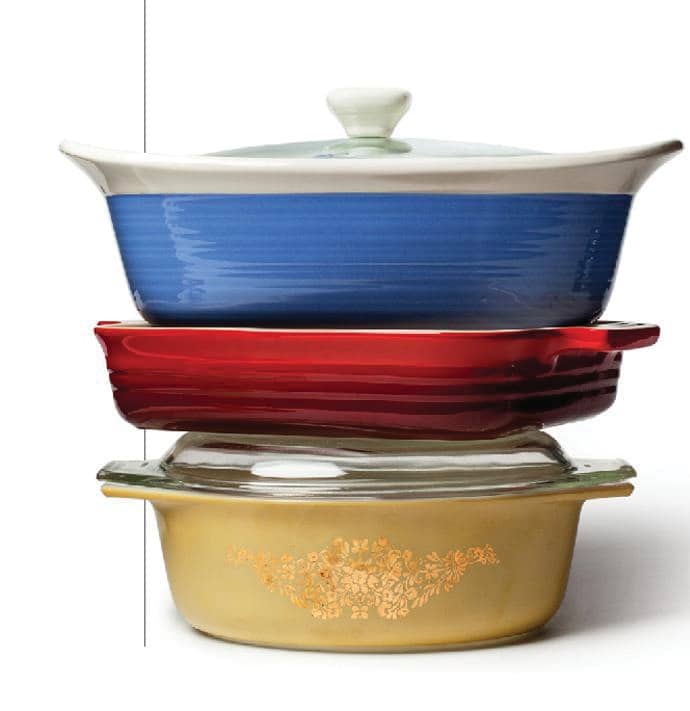
Denne historien er fra December 2019 - January 2020-utgaven av Reader's Digest US.
Abonner på Magzter GOLD for å få tilgang til tusenvis av kuraterte premiumhistorier og over 9000 magasiner og aviser.
Allerede abonnent? Logg på
FLERE HISTORIER FRA Reader's Digest US

Reader's Digest US
Joyride
A poacher of rare orchid plants in Florida. An African king who drives a cab in New York City. How people spend a Saturday night in America.
1 min
December 2025 / January 2026
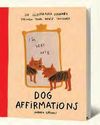
Reader's Digest US
Dog Affirmations
Illustrator Andrea Cáceres uplifts and delights with these picture-book insights into the deepest thoughts of man's best friend.
1 min
December 2025 / January 2026
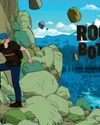
Reader's Digest US
ROCK BOTTOM
A HIKER SOMEHOW SURVIVED BEING PINNED IN A CREEK UNDER A 700-POUND BOULDER. THEN THE WATER STARTED TO RISE.
11 mins
December 2025 / January 2026
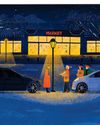
Reader's Digest US
Secret Santa Saves the Day
A stranger keeps the Christmas spirit alive for a little girl
4 mins
December 2025 / January 2026
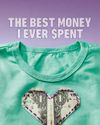
Reader's Digest US
THE BEST MONEY I EVER SPENT
Deep Pockets - One Christmas, my wife, who seldom wears jewelry, wanted diamond earrings as her gift. I obliged but figured the little box would ruin the surprise, so I bought an inexpensive fleece jacket at a farm supply store and put the earring box in the pocket.
5 mins
December 2025 / January 2026
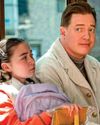
Reader's Digest US
Rental Family
Starring Brendan Fraser
1 min
December 2025 / January 2026
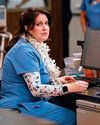
Reader's Digest US
St. Denis Medical
Starring Allison Tolman
1 min
December 2025 / January 2026
Reader's Digest US
No Drama Llamas
BEING WITH LOVED ones during the holidays is a delight. Getting there is not.
1 min
December 2025 / January 2026

Reader's Digest US
The Christmas Truce of 1914
As World War I raged around them, soldiers facing off along one stretch of the fighting decided to hit pause
6 mins
December 2025 / January 2026

Reader's Digest US
Our Hanukkah Miracle
Christmas takes on new meaning for a Jewish couple
3 mins
December 2025 / January 2026
Translate
Change font size
